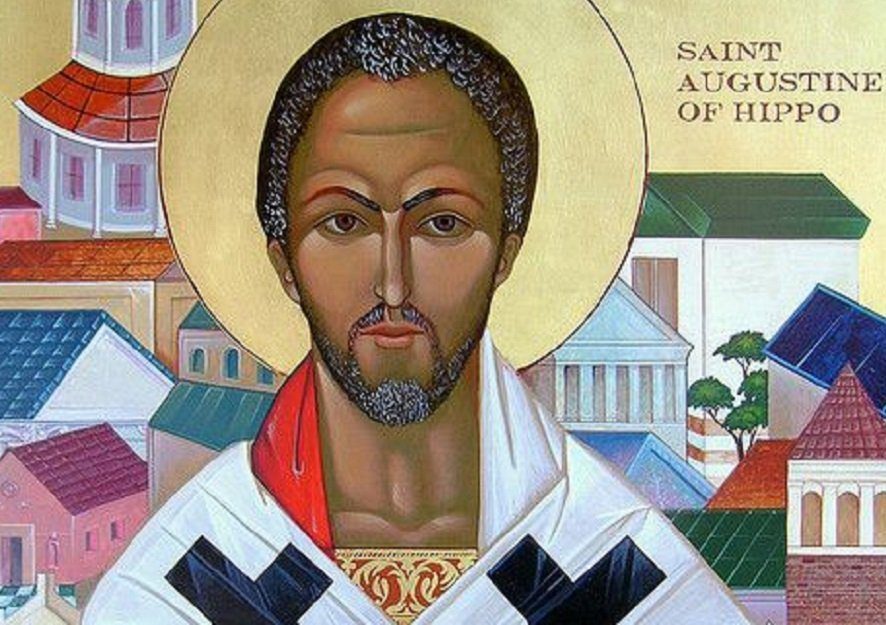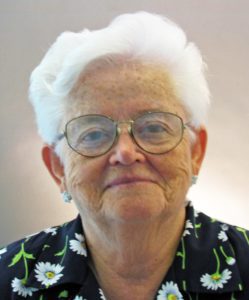
St. Augustine, whom we honor this day, spoke these memorable words back in the fourth century:
Late had I loved you, O Beauty so ancient yet ever new, late have I loved you! Behold, you were within and I was abroad, searching there for you. Deformed, I plunged into the fair forms that you had made. You were with me, but I was not with you and so was held back far from you by things which would not themselves be if they were not in you. You called, you shouted, and you burst open my deafness. (Book X, The Confessions of St. Augustine)
These words written after his conversion were a retrospective of his earlier life, which has been a source of great consolation to millions of us who have and continue to seek love and fulfillment in all the wrong places. Augustine was no foreigner to the shortcomings of the human condition, having lived his young years in a world of earthly pleasures. We may not have lived such a hedonistic life, but have we not at times put worldly pursuits before the primary place of God in our hearts, whether it be family, friends, career approval, success, or the acquisition of worldly goods? This is a question only we can honestly ask and answer ourselves. And as St. Augustine refers to these pursuits as not being evil in themselves, nevertheless, they should never take the place of God in our hearts.
St. Augustine also reminded us of God's never-ending patience with him when recounting an experience he had while reading St. Paul's letter to the Romans, Chapter 13: “So that we walk honestly as in the day, not in gluttony and drunkenness, nor in promiscuity, covetously, lewdness, nor in strife and envying.” Although these words of Paul struck a chord in his heart, yet for Augustine, they were not easily accepted. He humorously stated at one time, “Give me chastity and self-restraint, though not just yet.” He manifested his own human frailty when attempting to give up all that kept him from God. Once again, can we not see ourselves hanging on to our own shortcomings just as Augustine did when he tried to transform his own life?
We, too, must contend each day when our patience is tested, our expectations are unmet, plans are disrupted, people disappoint us, and we fall into discouragement. Can we, like Augustine, continually rise to the challenges of our time, as he did in the fourth century—an era he described in his seminal work, The City of God, as marked by the decline of the Roman Empire? It was a world beset by war, poverty, and disease. Do these words not resonate in our own day?
St. Augustine tells us that there is a cure for the misery which we inflict on ourselves and which he learned in the second half of his life that the answer lies in the recognition that if God is allowed to take first place in our hearts that we then will find the peace that this world cannot give -- as so famously said, "Our hearts are restless until they rest in Thee."
Let us ask God as we approach the Sacrament of Love today that St. John's words today will reverberate daily in our lives: "Beloved, let us love one another because love is of God.” (1 John 4)
– Sister Helen R. Boyd, OP
Sister Helen resides in Dominican Convent, where she serves on the Life Enrichment Committee and co-chairs the Mission Outreach Committee.
